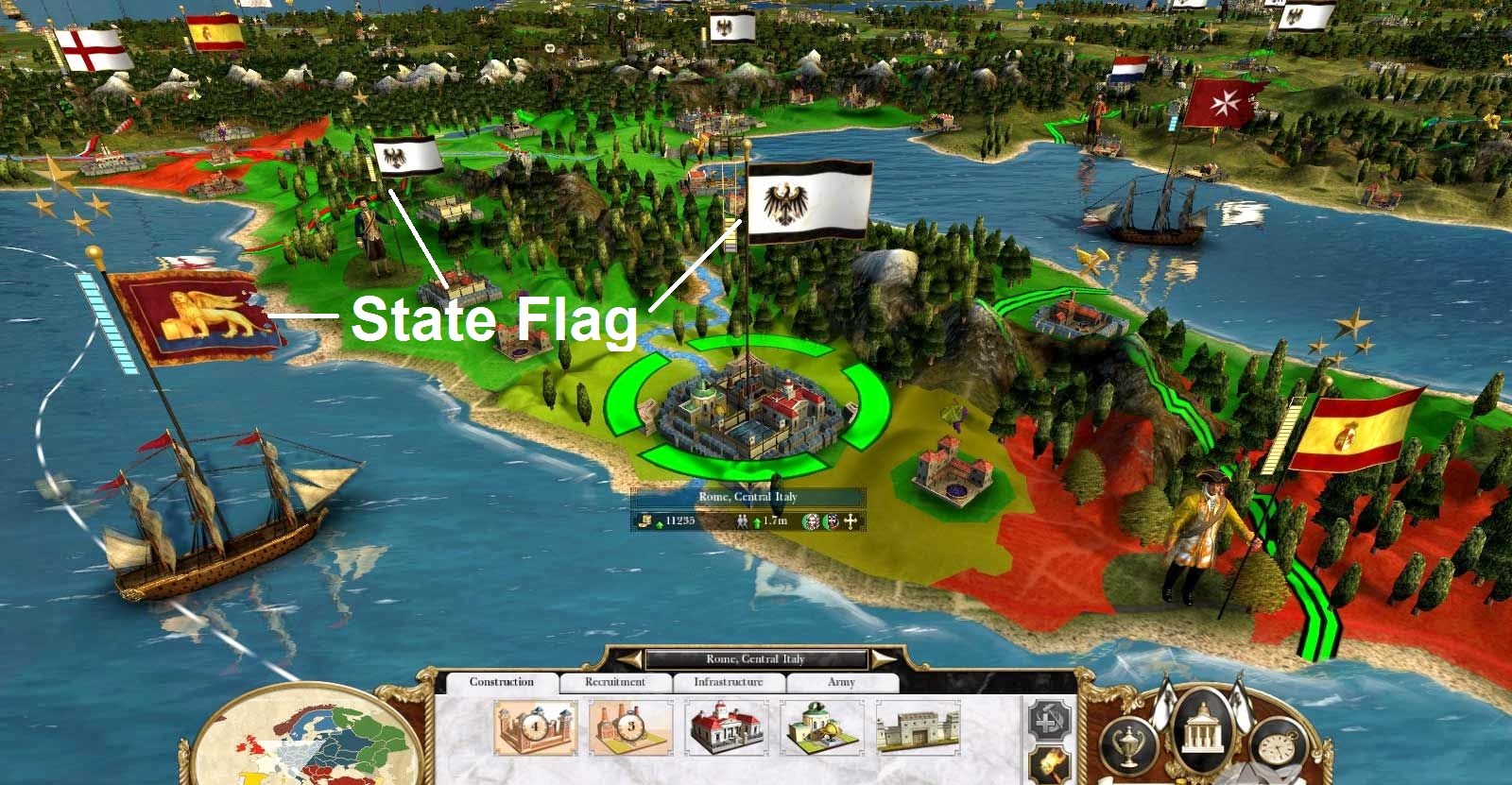
The practice of slavery in the United States was one of the key political issues of the 19th century decades of political unrest over slavery led up to the war. On the eve of the Civil War in 1860, four million of the 32 million Americans (nearly 13%) were enslaved black people, almost all in the South. The central cause of the war was the status of slavery, especially the expansion of slavery into territories acquired as a result of the Louisiana Purchase and the Mexican–American War. "The benefits of Empire hold a certain appeal, especially to the outside observer.The American Civil War (Ap– May 9, 1865, also known by other names) was a civil war in the United States fought between the Union states (-states remaining in the federal union- or "the North") and the Confederate states (- southern states that voted to secede- "the Confederacy" or "the South").

Times of crisis such as this spur radical change and create opportunities which, if seized upon, will see the Empire re-forged and re-vitalised.įaction Traits Cultural Traits Imperial Allegiance Nonetheless, it is still possible for the Western Empire to rise once again. Roman Emperors have become increasingly fragile - many have been manipulated by generals or deposed by their meddling Eastern counterparts. There is neither the manpower or the gold needed for an effective army, leaving it unable to deal with the many displaced barbarians pouring across Rome’s borders ahead of the Hunnic horde. Since the division of the Empire the flaws besetting the West have rapidly become apparent. Most cruelly of all, Rome, mother of the Empire, has been neglected in favor of a more practical capital at Mediolanum.

Its Emperor dances to the tune of a half-Vandal general, its powerless Senators idle on vast, poorly-managed estates. The Western Roman Empire is on the very edge of catastrophe.


 0 kommentar(er)
0 kommentar(er)
